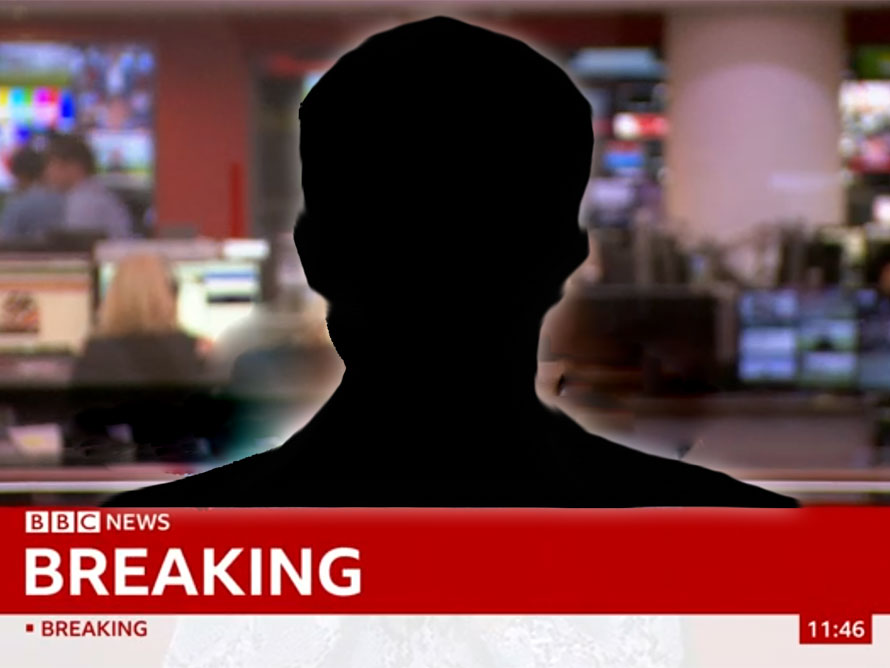Does Britain need the Beeb? The national broadcaster is firefighting yet another crisis. Some think it is past time to reform it root and branch — or put it out of its misery.
Hard questions for the BBC as crisis unfolds
 Unnamed: Several BBC presenters have declared on social media that they are not the man in question.
Unnamed: Several BBC presenters have declared on social media that they are not the man in question. Glossary
BBC - The British Broadcasting Corporation is the UK's national broadcaster.
Biased - Unfairly showing dislike or like.
Legitimacy - When a ruler or institution has the right to lead or rule.
Haemorrhaging - Losing a huge amount. In medicine, it refers to a severe loss of blood ("haima" is the Greek word for blood).
